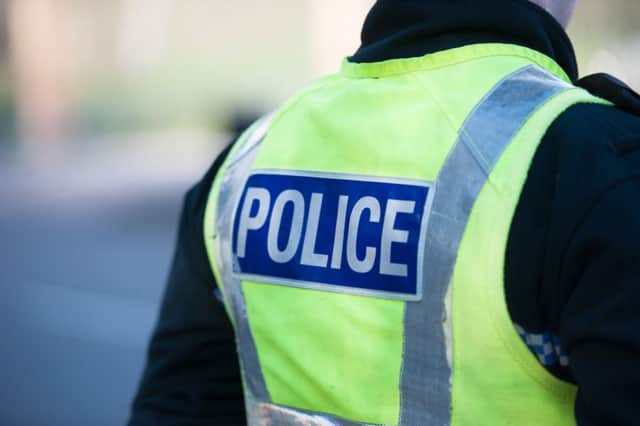Leader: Latest criticism of Police Scotland offers little new


Police Scotland has not had its problems to seek since its formation two and a half years ago. The new national force was part of a cost-cutting drive to replace the former eight regional constabularies, yet Scots were also promised a more streamlined approach to policing.
However, a string of controversies over armed police on the streets, the misuse of stop and search and officers’ failure to respond to a fatal crash on the M9 in Stirlingshire has left Police Scotland firefighting from almost day one. It has resulted in its first Chief Constable, Stephen House, quitting. The head of its watchdog, Vic Emery, has also gone, amid claims that the Scottish Police Authority he chaired wasn’t holding the service properly to account.
Advertisement
Hide AdAdvertisement
Hide AdIt is these problems which prompted Labour’s justice spokesman, Graeme Pearson, to compile his own report into the problems at Police Scotland and make some attempt to chart a way forward. Mr Pearson is widely respected across the political spectrum as one of the more fair-minded MSPs at Holyrood. He also has a long police career behind him which culminated in him heading up the former Scottish Crime and Drug Enforcement Agency. Some of the recommendations of his report will certainly be worthy of further exploration, including the call for a service more focused on local needs with local commanders to ensure this, as well as a more robust police authority.
Mr Pearson has also taken the opportunity to return to the debate about the impact of the SNP’s commitment to maintaining 1,000 extra officers since the party came to power in 2007. There are fears this has resulted in the loss of about 2,500 civilian staff and seen officers stuck in backroom jobs – not out on the streets where they were supposed to be.
But it is hard not to see the report as being politically motivated – with one eye on the Holyrood elections, now less than six months away. And Labour – including Mr Pearson – cannot escape the accusation of hypocrisy. The party first proposed centralisation of the force and supported the SNP bill which helped push it through the Scottish Parliament.
Some of Mr Pearson’s key complaints – such as the absence of a business case – were not in place when Labour MSPs lined up to back the creation of Police Scotland. This failing is something which has already been brought to light by Audit Scotland. The creation of such a behemoth was always likely to be hit by teething problems. For Mr Pearson to suddenly claim that Scots were sold a “fraud” rings somewhat hollow. And his assertion yesterday that the new SPA chair, Andrew Flanagan, was likely to fail in the role seemed not only petty, but hardly conducive to a constructive approach to resolving the issues of the force going forward.
With the probe into the death of Fife man Sheku Bayoh in custody still hanging over the force, the coming months will be critical for Police Scotland. Opposition parties may feel entitled to trawl over its much publicised problems in the forthcoming election campaign. But we must fear the prospect of Police Scotland ever escaping the sense of turmoil which has engulfed it for the past two years if political leaders won’t give it a chance to make progress.